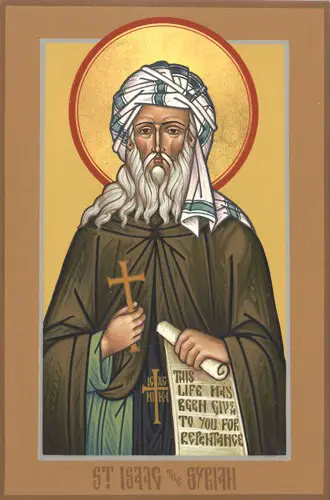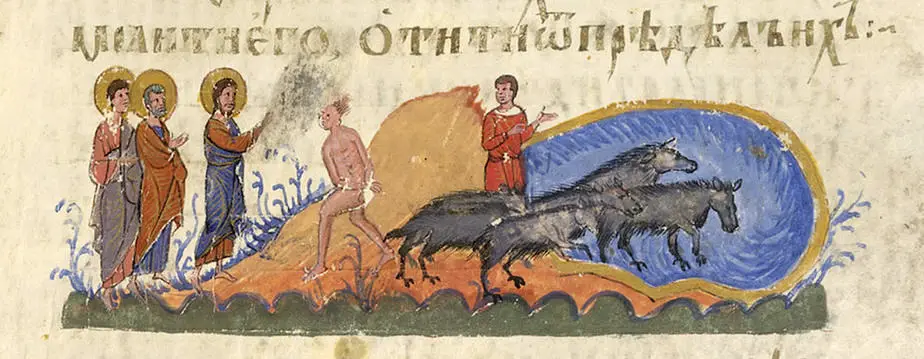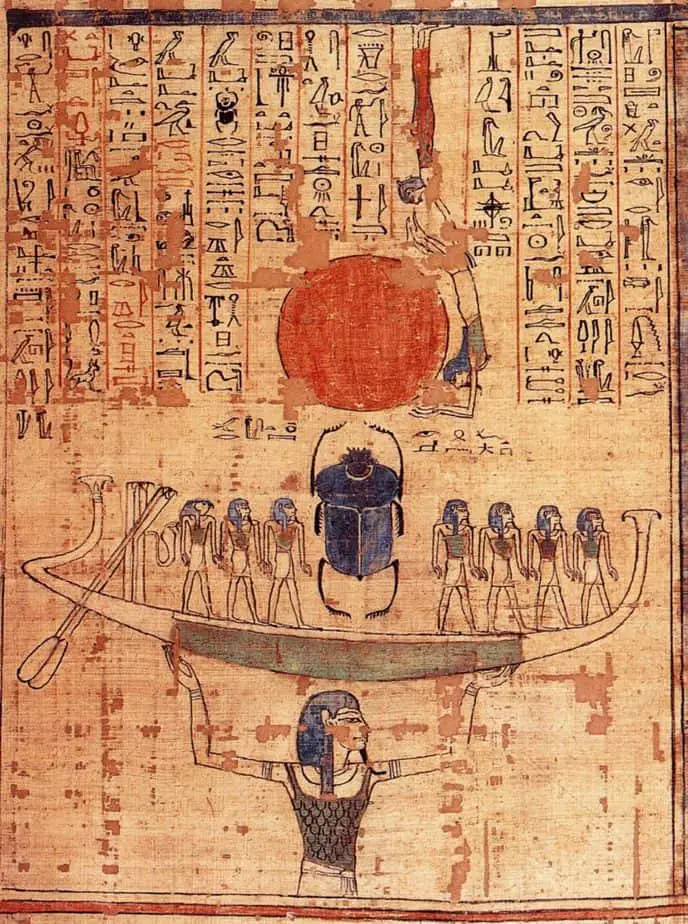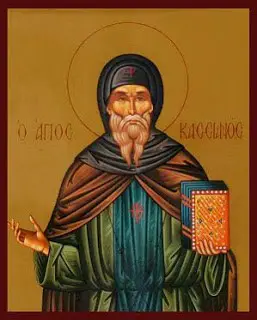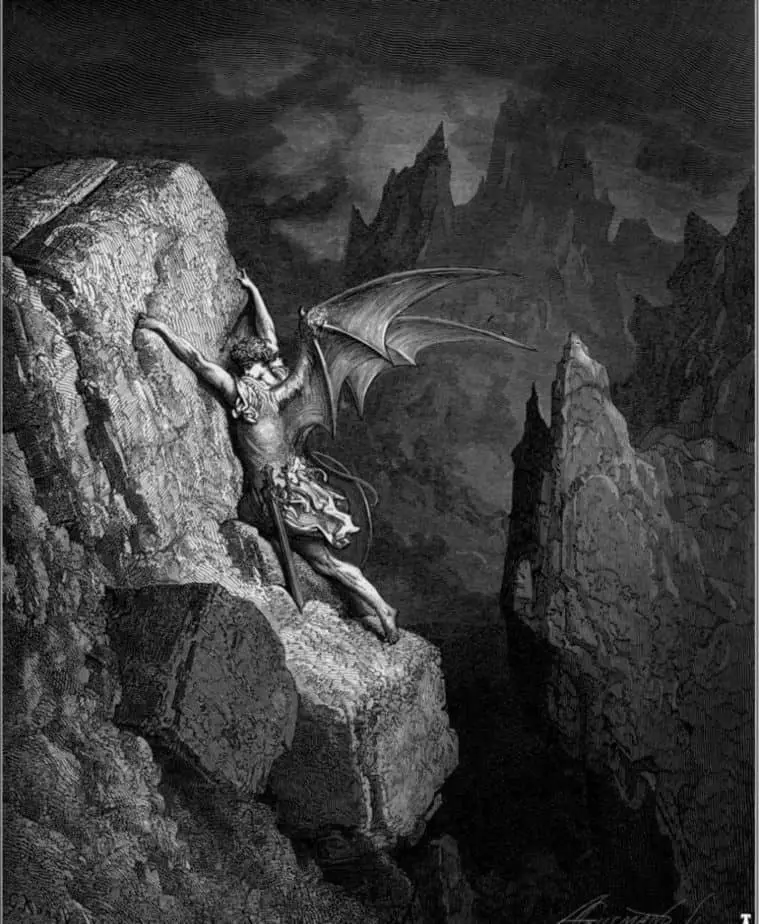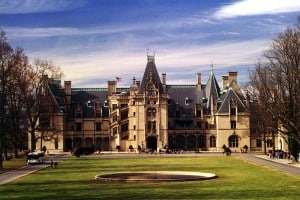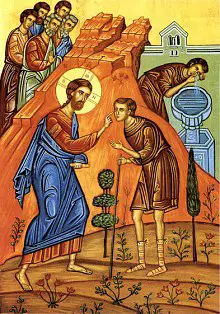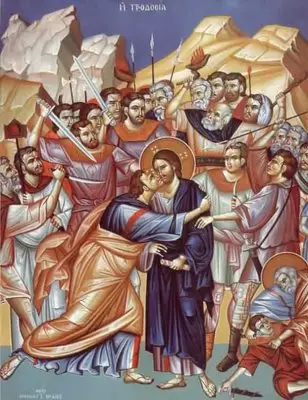Why are vigil lamps lit before icons?
1. Because our faith is light. Christ said: I am the light of the world (John 8:12). The light of the vigil lamp reminds us of that light by which Christ illumines our souls.
2. In order to remind us of the radiant character of the saint before whose icon we light the vigil lamp, for saints are called sons of light (John 12:36, Luke 16:8).
3. In order to serve as a reproach to us for our dark deeds, for our evil thoughts and desires, and in order to call us to the path of evangelical light; and so that we would more zealously try to fulfill the commandments of the Saviour: “Let your light so shine before men, that they may see your good works” (Matt. 5:16).
4. So that the vigil lamp would be our small sacrifice to God, Who gave Himself completely as a sacrifice for us, and as a small sign of our great gratitude and radiant love for Him from Whom we ask in prayer for life, and health, and salvation and everything that only boundless heavenly love can bestow.
5. So that terror would strike the evil powers who sometimes assail us even at the time of prayer and lead away our thoughts from the Creator. The evil powers love the darkness and tremble at every light, especially at that which belongs to God and to those who please Him.
6. So that this light would rouse us to selflessness. Just as the oil and wick burn in the vigil lamp, submissive to our will, so let our souls also burn with the flame of love in all our sufferings, always being submissive to God’s will.
7. In order to teach us that just as the vigil lamp cannot be lit without our hand, so too, our heart, our inward vigil lamp, cannot be lit without the holy fire of God’s grace, even if it were to be filled with all the virtues. All these virtues of ours are, after all, like combustible material, but the fire which ignites them proceeds from God.
8. In order to remind us that before anything else the Creator of the world created light, and after that everything else in order: And God said, let there be light: and there was light (Genesis 1:3). And it must be so also at the beginning of our spiritual life, so that before anything else the light of Christ’s truth would shine within us. From this light of Christ’s truth subsequently every good is created, springs up and grows in us.
May the Light of Christ illumine you as well!

